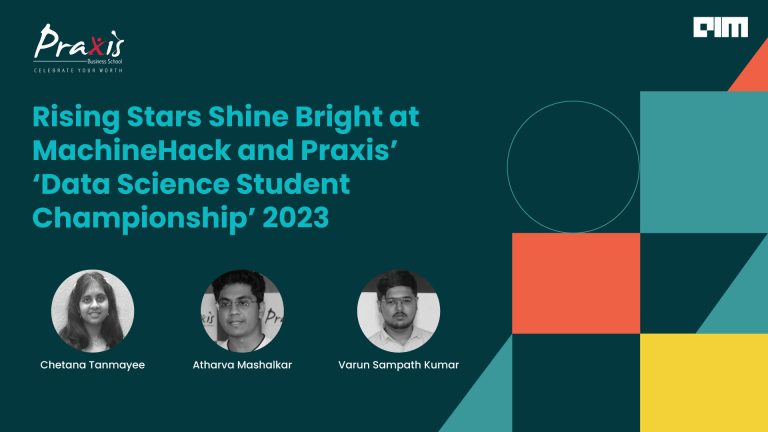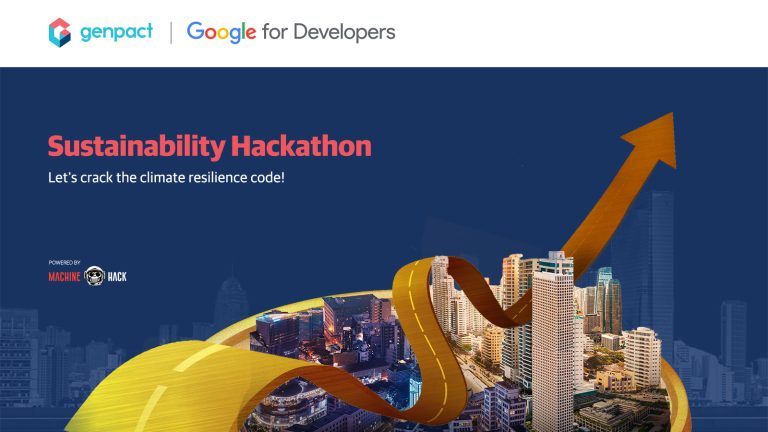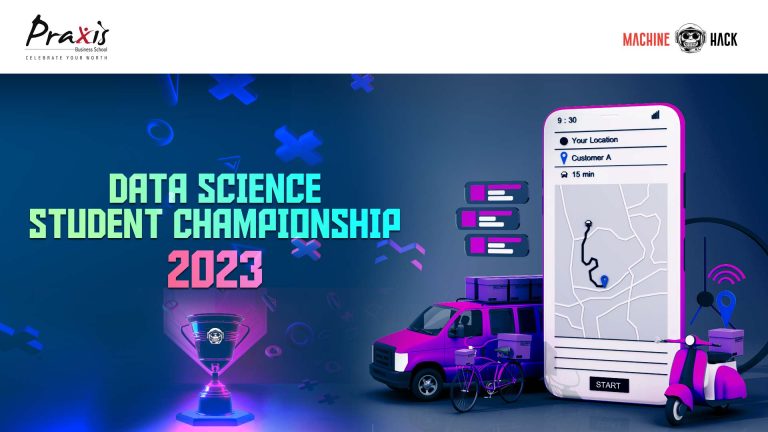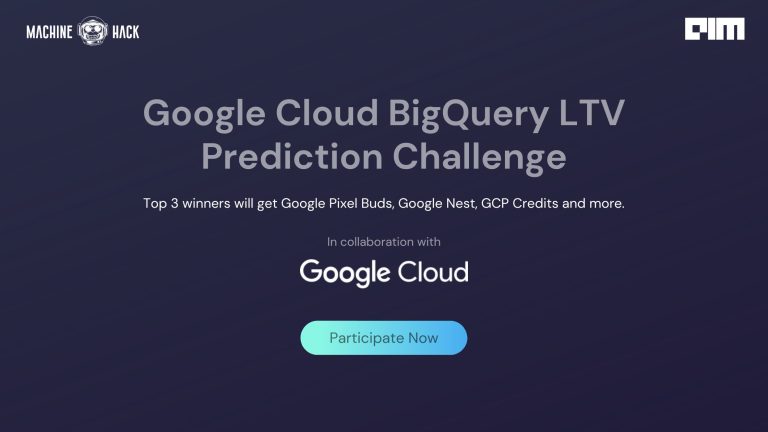The latest interaction in our hackathon series is with Pankaj Muthe, the Academic Program Manager, APAC at Qlik. With over 19 years of experience in education, consulting and research, he has proven abilities in infusing creativity, innovative approach and fresh ideas to drive outstanding results. He has been instrumental in the launch of the first Centre of Excellence in Analytics of Qlik with a recorded growth of more than 250% year-on-year for the program. He has expanded the reach of academic program from less than 10 institutions to more than 150 in three years. Muthe shares his views on why hackathons in data science are turning to be of utmost importance, how it is solving the challenges of traditional hiring, and more.
AIM: How have hackathons become a crucial part of the hiring process in the data science industry? Do you think hiring through hackathons will make hiring data science talent easier?
Pankaj Muthe: The basic idea behind hackathons is to identify top tech talent by posing a real-world problem and then having participating teams come up with innovative solutions that can address the same within a predefined time limit. This allows companies to gauge participants on their technical capabilities, as well as their ability to translate theoretical knowledge into practical solutions in high-pressure situations.
Moreover, hackathons require groups of four-five people to work closely, effectively, and efficiently with each other as part of a team. This provides an insight into their soft skills, such as teamwork and collaboration, and also helps organisers identify individuals with strong leadership qualities. An all-around overview of a participant’s technical and soft skills enables companies to make more informed hiring decisions. As a result, hackathons have become a part and parcel of the larger recruitment strategy at IT companies, particularly those within the data analytics segment.
AIM: What is your opinion about online hackathon? Have hackathons replaced the traditional way of hiring, say by campus hiring?
PM: Online hackathons are quite useful, as they allow greater flexibility to both organisers and students in terms of coordination. Prospective recruiters are also able to save on the costs of organising a physical event and can easily achieve scale to meet any sudden surge in the number of participants.
But while hackathon-based recruitment is becoming increasingly popular, it has not replaced traditional campus hiring. At present, it still plays a supporting role in the larger organisational hiring strategy. However, as the demand for talent grows and organisations look for more tech-led avenues to conduct their hiring, we might witness more recruitments taking place through hackathons and other similar events.
AIM: Hackathons solve two purposes — people strategies and the other is solving use-cases in an innovative way? Do you agree?
PM: Yes, definitely. As I’ve already mentioned above, hackathons allow recruiters to gauge both the technical proficiency of participants, as well as several soft skills such as teamwork/management, leadership, communication, the ability to handle stress, etc.
AIM: Can you cite a recent example where you hosted a hackathon. Could you state the purpose?
PM: While we have not hosted a hackathon in India yet, it remains an area of possible interest for us. We might host hackathons to identify and recruit emerging talent within the Indian data analytics domain in the near future.
That being said, we have hosted a hackathon in another of our offices previously. This particular Qlik Hack Challenge, allowed us to work with the United Nations to analyse data from the Democratic Republic of Congo, a region that has been plagued by conflict for decades, resulting in unthinkable hardships for those in these areas. The challenge centres around analyzing this conflict and enabling the United Nations to resolve and soften these conflicts wherever possible.
AIM: How important are hackathons (both internal and external) to boost innovation? Have you in your organisation benefitted by conducting hackathons?
PM: Apart from identifying and recruiting talented individuals, the very format of hackathons also provides a fertile space for new ideas to incubate. High-pressure situations often make individuals operate at the very limits of their physical and intellectual capacities. Organisations can harness this creative energy to find, refine, and implement innovative solutions to complex, real-world business and social challenges.
AIM: Besides building people capital, do hacks for hire also help in positioning the company as one that is innovative?
PM: Yes, it does. Organising a hackathon helps companies position themselves as modern, future-ready organisations which promote and nurture innovation. Given the buzz and engagement that such events create, hackathons are definitely a great branding exercise – especially in a jobs market that is increasingly being populated by younger professionals.
AIM: Do you agree that hackathons have become the benchmark for assessing baseline skills? If so, what skills? How reliable it is to test skills in the long run?
PM: While it would be a bit presumptive to call hackathons as the benchmark for assessing baseline skills, they definitely do provide a more holistic overview of participants’ data literacy levels, technical skills as well as soft skills. The format of such events also makes it likelier to gauge each individual on aspects such as critical thinking, agility, and stress-handling capability, thus providing recruiters with a better idea of how well a prospective employee would fit into the organisation’s work culture.
AIM: Are hackathons replacing the need to have short term certification course in areas such as AI, analytics?
PM: Certification courses and hackathons are two very different things, in and by themselves. The former is aimed at acquiring newer skills, while the latter is all about applying existing skills and knowledge to solve business use-cases.
AIM: In future, how will hackathons evolve (smaller, online hackathons or the preference will be for offline events)
PM: Given their impact, hackathons will eventually come to play a much bigger role in the recruitments space. A significant component of this growth can be expected to take place over the online medium, as it enables organisers to reap the benefits of seamless accessibility and scalability.



















































































